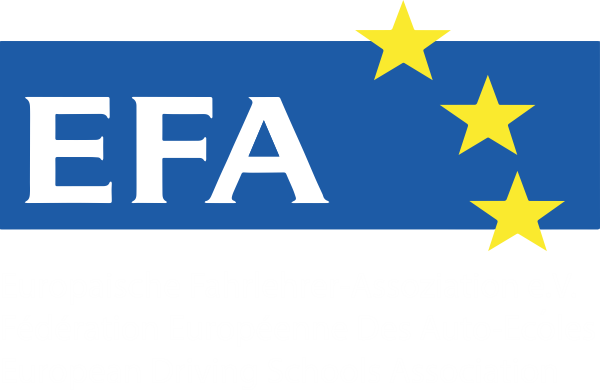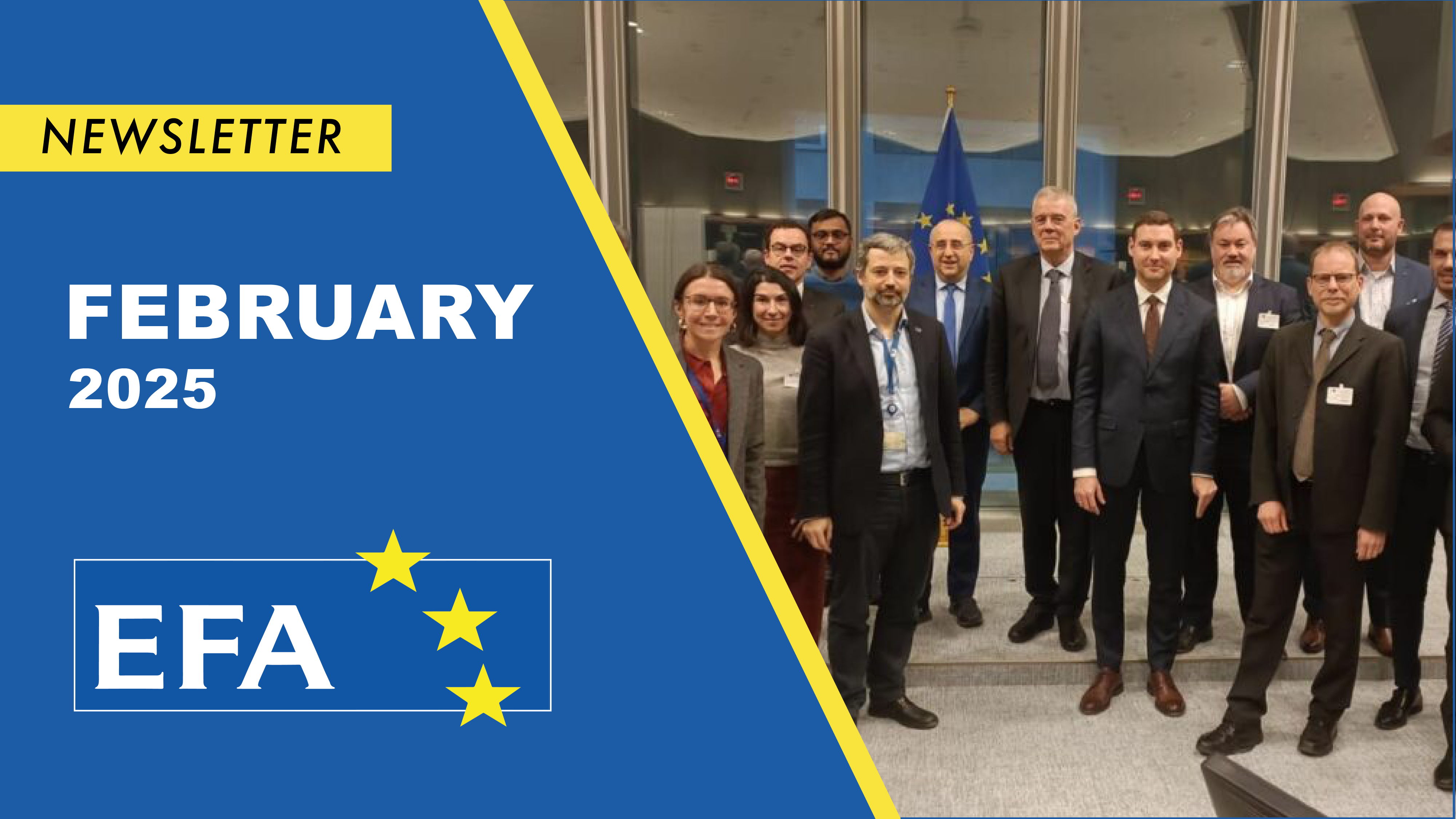EFA goes in Ivory Coast for a training session with the SSATP
EFA participates in the “Programme de formation des leaders en gestion de la sécurité routière ”In Abidjan (Cote d’Ivoire) the “Leaders in road safety management training program was held from 27th to 31st January.
The event was organized by “Programme de Politique de transport en Afrique” ( https://www.ssatp.org ) in collaboration with the World Bank Group delivered by FRED Engineering ( https://www.fredeng.eu/ ).
Very active participation during the training sessions by many countries of French-speaking Africa: Cote d’Ivoire, Togo, Benin, Chad and Niger.
EFA held a training session on the application of traffic regulations, understanding the behaviour of road users, how to promote responsible driver behaviour, how to address vulnerable road users and how to develop ongoing education and awareness campaigns and finally on driver training and education. Manuel Picardi (EFA General Secretary) said:
“It was an engaging training experience, also for us. African participation in the event was very active and the interventions of the participants were much appreciated. We created many working groups and discussed ideas, developed projects and above all created a network of people who want to improve road safety in their country. A lot has been done in recent years, the results are visible, and we are activating permanent collaborations with non-European stakeholders in the field of driver training”.
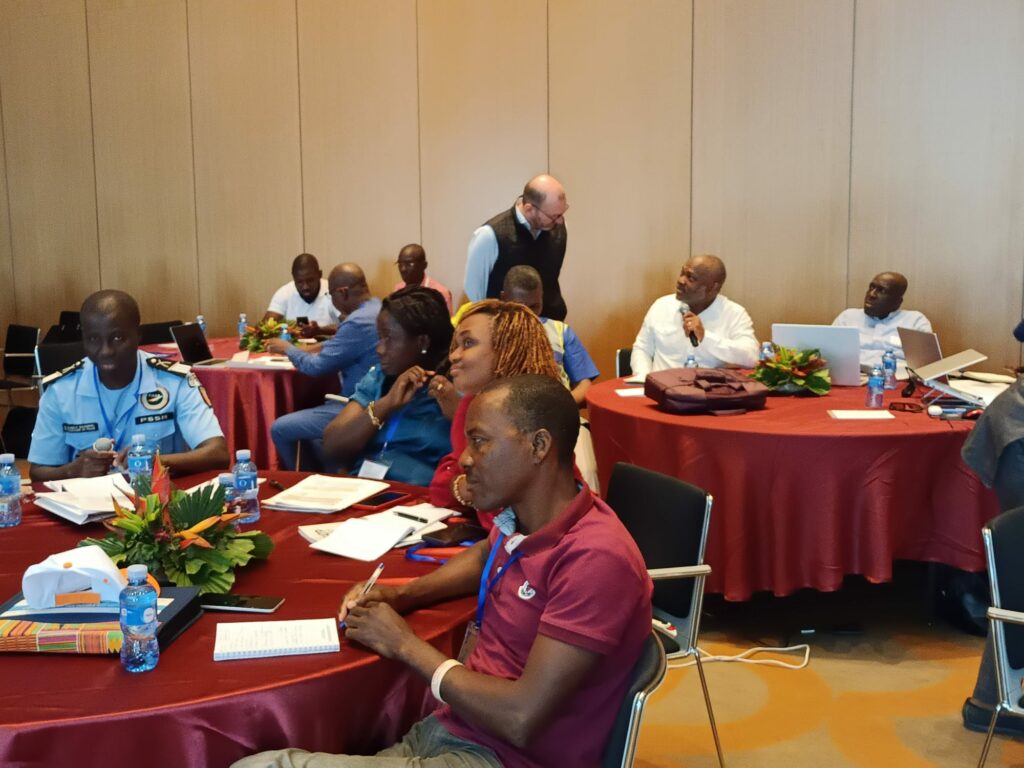
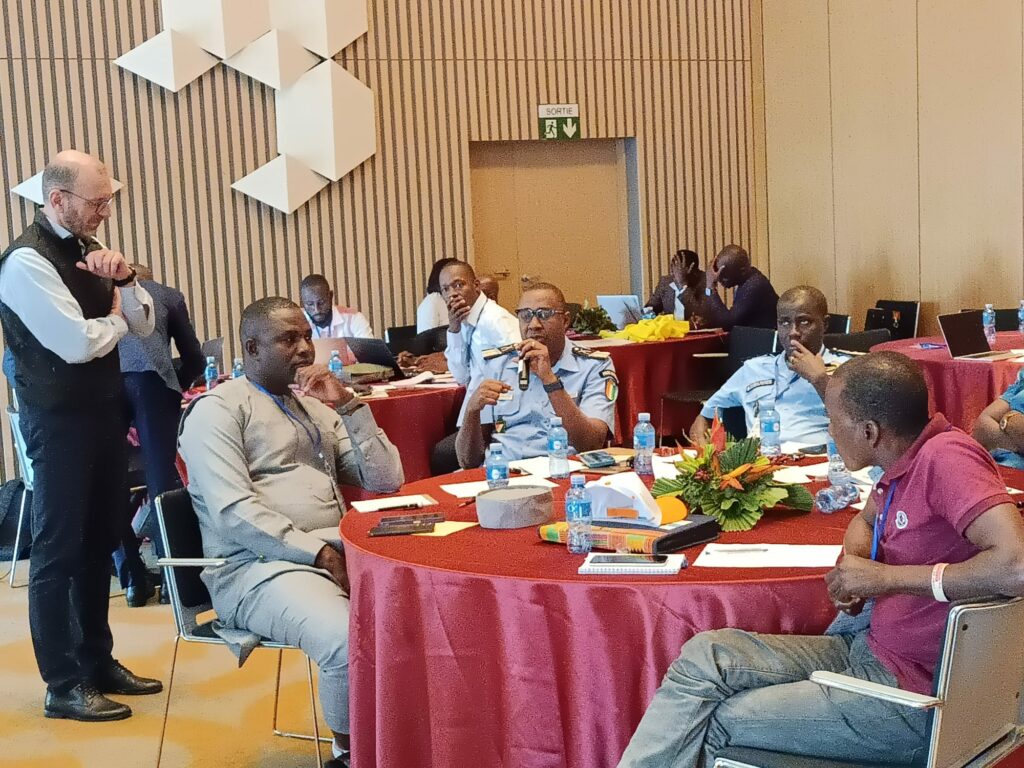
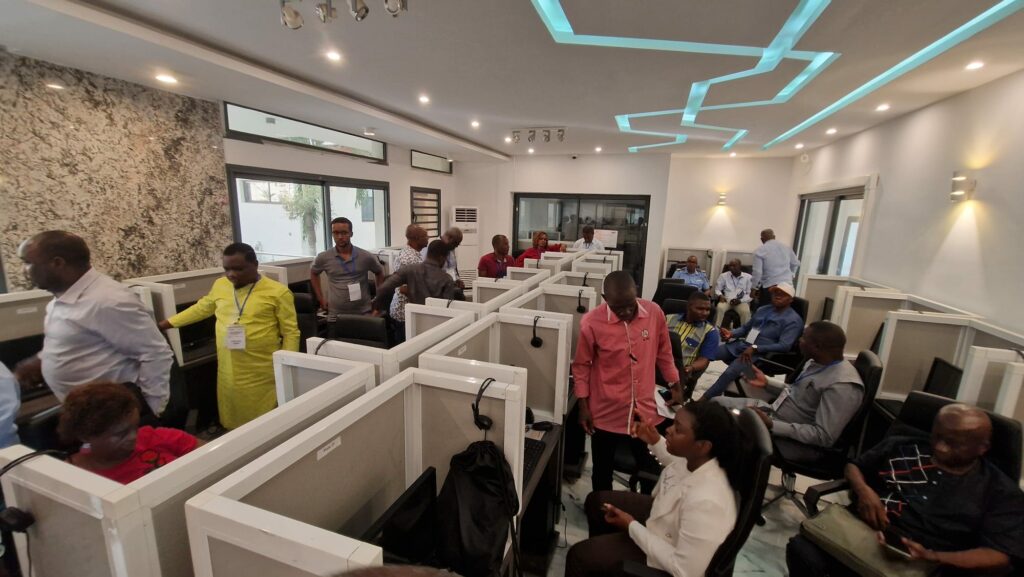
“Visit to the Examination Center”
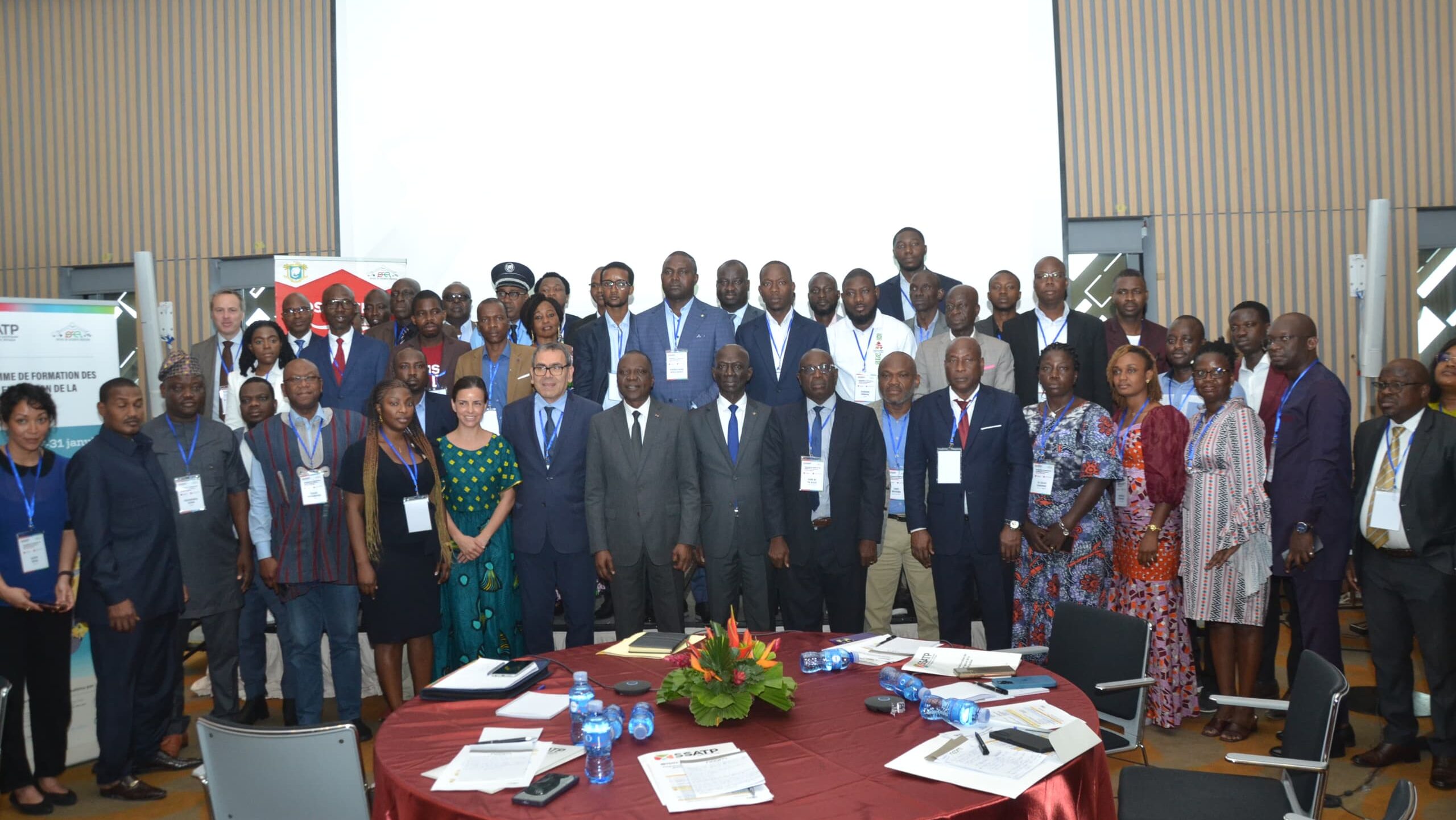
Group photo of the participants with the Ivorian Minister of Transport, Mr. Amadou Koné
A common standardized approach to the measurement and detection of drivers’ fatigue – FitDrive workshop in the European Parliament
EFA is organizing the last workshop for the European project FitDrive for 18th February 2025 at the European Parliament.
Thanks to the collaboration with MEP Carlo Fidanza, the FitDrive consortium will have the opportunity to officially present the final results of the European project.
Visit the FitDrive website: you can see the Agenda, you can register for the event and watch the video presentation of the project made by MEP Carlo Fidanza.
Read more: EFA NEWSLETTER JANUARY

The Connection Between Driver Training Methods and Traffic Safety: A National Survey of Third-Year Secondary School Students
Mr. Kalle Lahervo, from the Finnish University of Turku, shares with EFA his latest research in driver training. The research has a lot of data from new drivers through a nationwide survey, which was statistically analysed.
The study investigates the relationship between the teaching methods and formats used in driver education and their impacts on traffic safety among new drivers. The research focused on post-license behaviors, such as risk-taking and rule adherence, which are critical to long-term traffic safety. A comparison between teaching methods and the assessment of safety differences between professional and amateur education.
Hereby you can find a brief translation of the research, otherwise the entire study in Finnish is available here: https://www.utupub.fi/handle/10024/179673
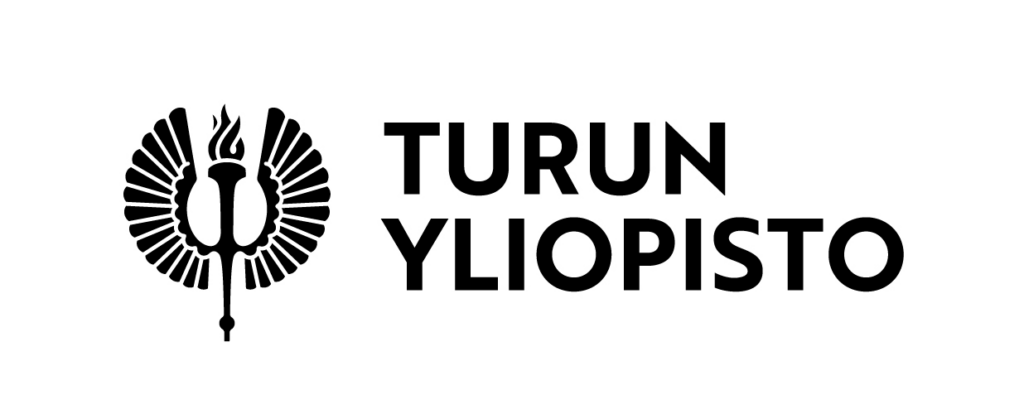

Steer2EU: Concluding workshop on the 4th of February
The final STEER2EU workshop will offer a unique platform for Member States and industry experts to exchange lessons learnt and best practices on integrating third-country drivers into the EU road transport sector.
As part of a European Commission study, the workshop will highlight key findings from IRU’s research on recruitment and the recognition of qualifications across Member States and beyond.
Join us for an insightful meeting on:
- The latest driver shortage figures, as well as good practices and recommendations for employing third-country drivers
- Legal requirements for obtaining a professional driver certification in selected third countries and potential gaps compared to EU rules
- The ECMT quality charter
- The “Skilled driver mobility for Europe” project and insights from other sectors
Here you can register to the workshop:
https://www.iru.org/join-us/events/steer2eu-concluding-workshop-2025-02-04



Oman Road Safety & Accident Prevention Summit
From the 15th to the 18th of October there will be the Oman Road Safety & Accident Prevention Summit.
ORSAPS is Oman’s most important and influential conference on Road Safety. A gateway for the industry professionals and stakeholders to communicate, share knowledge, exchange views on best practices, discuss current challenges and business opportunities, identify innovative solutions to operate effectively and stay abreast with the latest global trends.
EFA has become member of the Steering Committee of the Conference and will help to manage the event. To collect more information, please visit https://orsaps.com/


UNECE to develop globally harmonized methodology to measure the fast-recharging capability of electric vehicles
Despite the rising sales of electric vehicles (EVs) in recent years, doubts about the long-distance capability of electric vehicles, namely the recharging behaviour and long-distance suitability, still create uncertainty among potential users and interested buyers.
The key question they are interested in is: how many kilometres of real range can an EV recharge in a certain amount of time at a fast-charging station?
Today, original equipment manufacturers usually communicate on the maximum recharging speed of their EVs. However, each vehicle can attain these values under very different conditions, depending on the battery technology, cooling system, and battery management system, which can lead to very different recharging times.
Read the full article at

IRTAD Road Safety Annual Report
The Road Safety Annual Report 2024 provides an overview of road safety performance for the 40 countries participating in the International Transport Forum’s permanent Working Group on road safety, known as the IRTAD Group. Based on the latest data, the report describes recent road safety developments in these countries and compares their performance against the main road safety indicators. Download the report
New UNECE provisions to allow decarbonization of the transport of dangerous goods
While the use of electric vehicles to transport passengers is quite well-established, it has been emerging in the transport of dangerous goods only recently. One of the first electric vehicles for the carriage of dangerous goods that entered into service was in The Netherlands in 2017 (albeit with a tank capacity lower than 1 m3), and was used to deliver petrol and diesel fuel to motor vehicles.
In 2023, the UNECE Working Party on the Transport of Dangerous Goods (WP.15) revamped the Agreement concerning the International Carriage of Dangerous Goods by Road (ADR) to first allow the use of battery electric vehicles in category AT to transport non-flammable dangerous goods in fixed tanks or demountable tanks as these goods pose lower fire risks.
Read the full article at:


